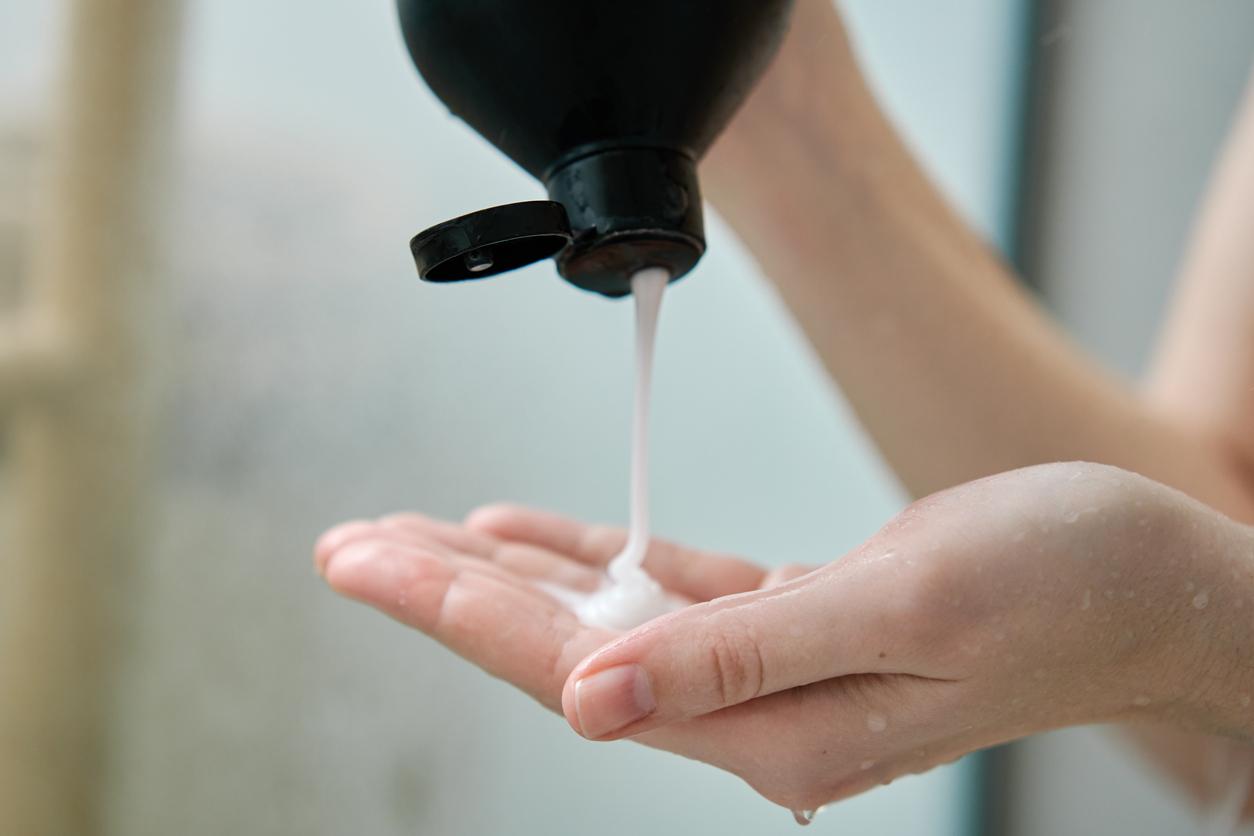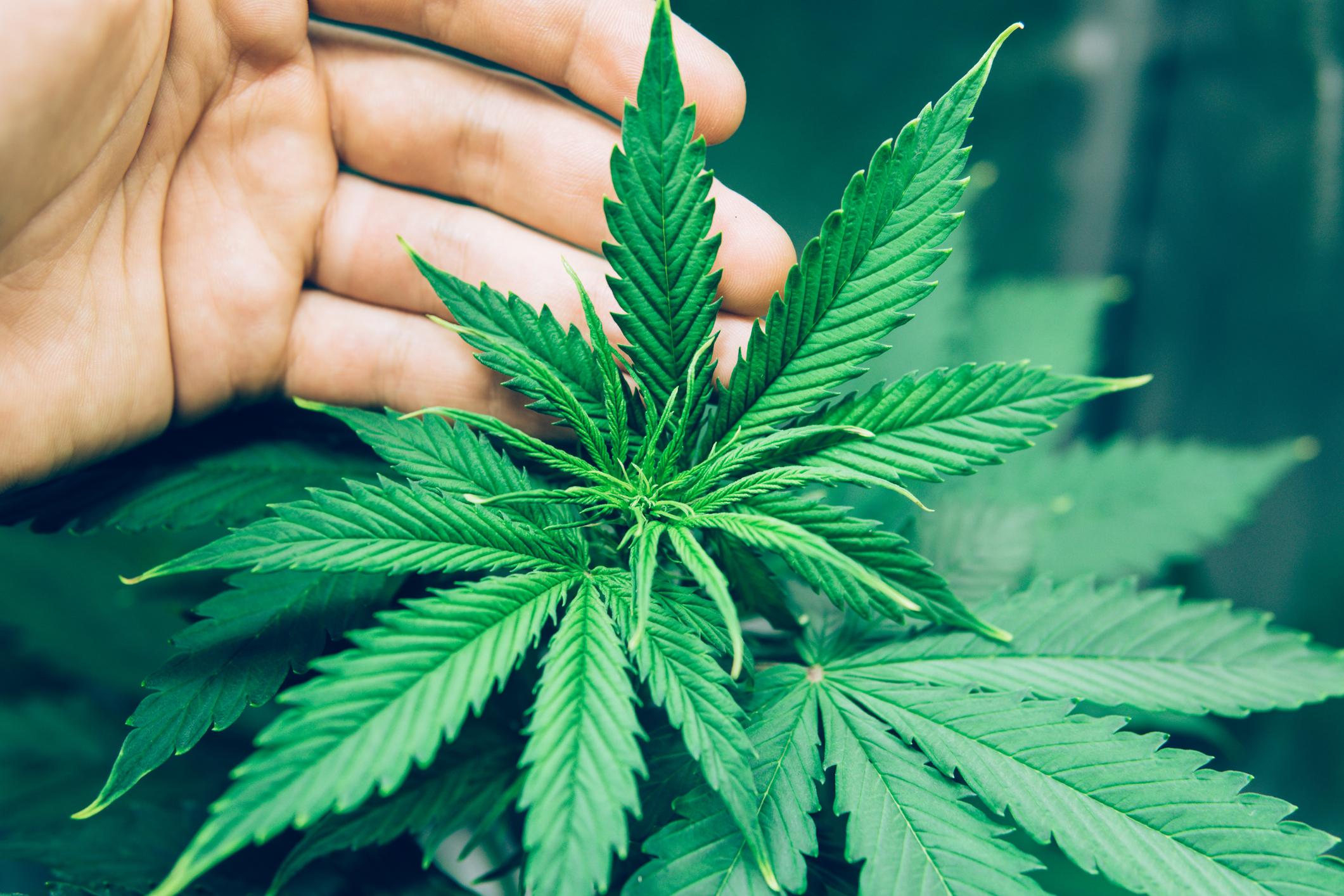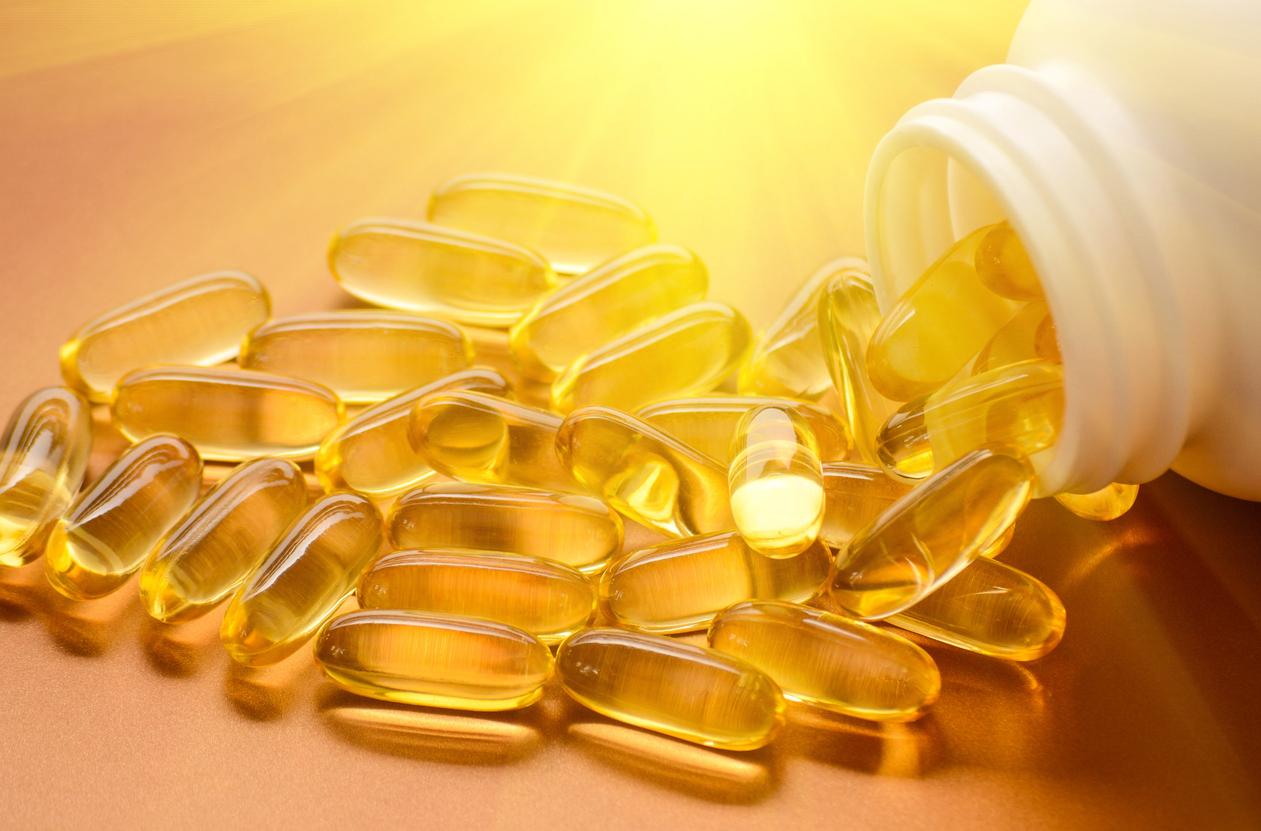Researchers have shown that exposure to certain everyday chemicals during pregnancy could promote asthma in children.

- A Japanese study carried out on more than 3,500 mother-child pairs reveals a link between exposure to chemical compounds during pregnancy and asthma in children.
- Butylparaben, present in cosmetics, increases the risk of asthma by 54%. 4-nonylphenol, used in cleaning products, doubles this risk in boys. These substances, common phenols, are suspected of disrupting the endocrine system.
- Researchers call for increased vigilance regarding these exposures, which are particularly sensitive during pregnancy, and recommend safer product choices to protect the respiratory health of children.
Cosmetics, plastics… Could certain everyday products promote the development of asthma in children? A Japanese study carried out by researchers at Kumamoto University highlights a possible correlation between exposure to certain chemical compounds during pregnancy and the appearance of this respiratory disorder in children.
Potentially harmful chemicals
The study, carried out on more than 3,500 mother-child pairs as part of the Japan Environment and Children’s Study (JECS), has identified specific substances with effects of concern. Butylparaben, a preservative used in many cosmetic products like lotions and shampoos, is one of the prime suspects. High exposure to this compound during early pregnancy is associated with a 54% increased risk of developing asthma in children.
Another threat: 4-nonylphenol, present in certain cleaning products and plastics. Its impact seems to depend on the sex of the child: boys exposed in utero to this compound were twice as likely to develop asthma, while no notable association was observed in girls.
Parabens and alkylphenols, two types of phenols studied here, are widely used for their antimicrobial and preservative properties. Although they are considered safe for use in small quantities, their potential as endocrine disruptors raises concerns about long-term health effects. Indeed, these hormonal disruptors could contribute to the increase in allergic diseases, particularly during sensitive periods such as pregnancy.

Precautions to take with certain everyday products
In total, the team of researchers measured 24 types of phenols in the urine samples of pregnant women, then followed the respiratory health of their children until they were 4 years old. The results, published in the journal Environmental Pollutionundoubtedly call for increased vigilance regarding chemical exposures during pregnancy. “They highlight the importance of carefully assessing chemical exposure during this critical period”insist the researchers in a press release. For future parents, choosing products without parabens or controversial chemical compounds could be a first step, while waiting for more protective regulations.

















